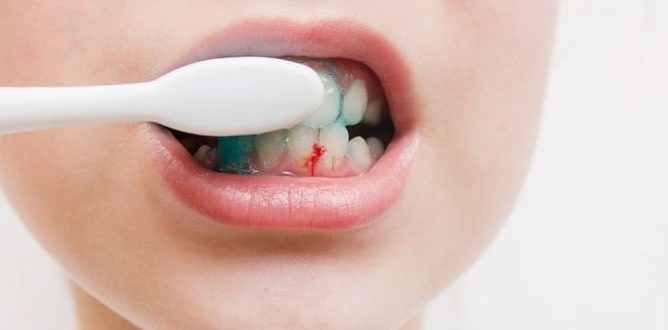
Bleeding gums – should I be worried?
Gums: A tooth is more complicated than most people know or think. When the tooth structure — which includes bone, ligaments, and…

Gums: A tooth is more complicated than most people know or think. When the tooth structure — which includes bone, ligaments, and…
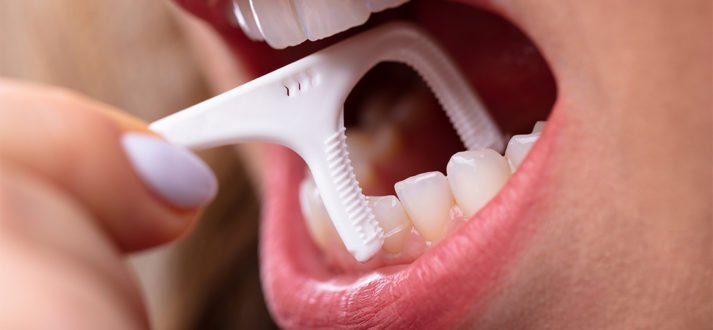
Oral Health by Flossing- Anyone who has lost a tooth or several teeth due to periodontal disease, an injury, or some other…
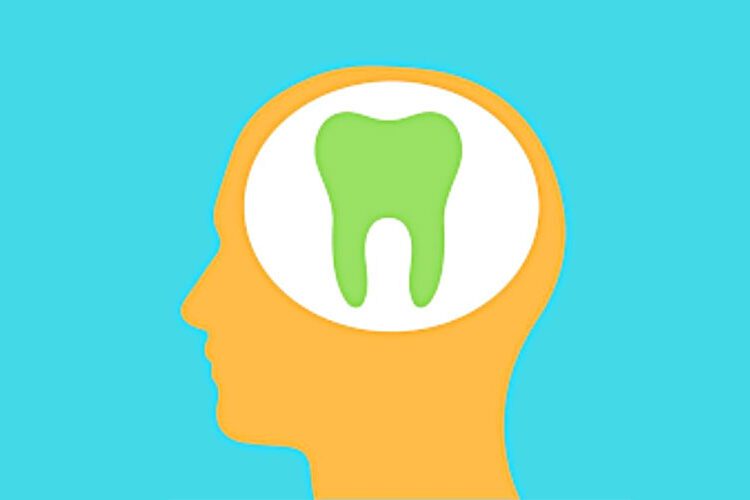
Dental to Mental Health: With the lockdown extending and people locked indoors for months, the WHO ( World Health Organisation) predicts that…
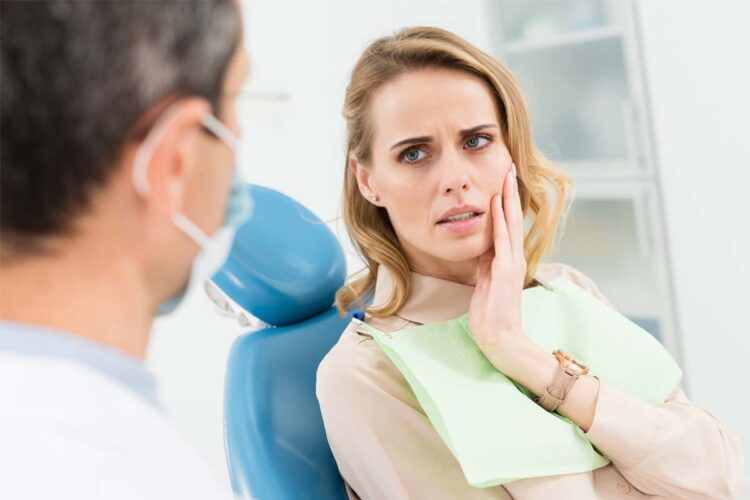
One Day Procedures One-Day Procedures at Partha dental – It may seem like magic, and Yes, Partha can do it !!!! You…

Many people are unaware of dental secretes. Most of us only go to a dentist when we are in pain, but there…

Dental Implants are an amazing piece of technology, in fact, Titanium technology! They replicate the real tooth with a new Titanium root,…
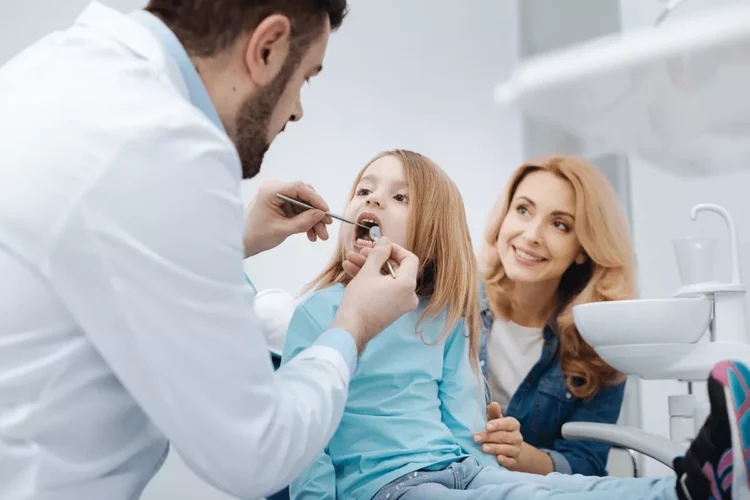
Everyone needs to be able to have Dental care. However, some people need special facilities or services to have this care provided.…
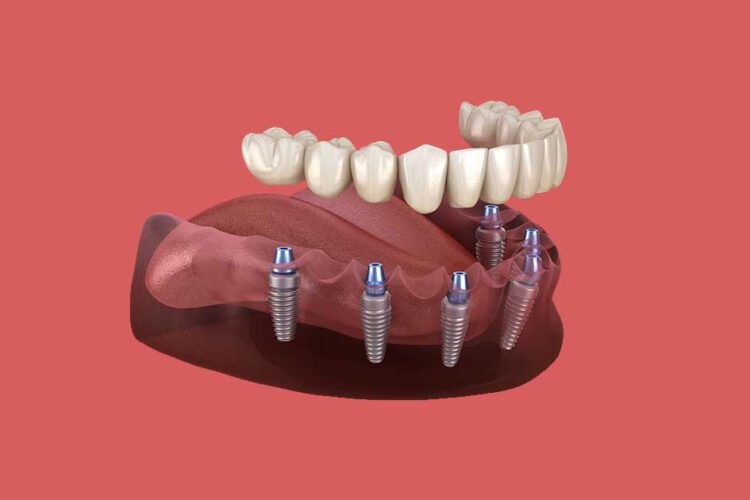
Dental implants are a popular and effective way to replace missing teeth. Previously, the only treatment options available for people with missing…